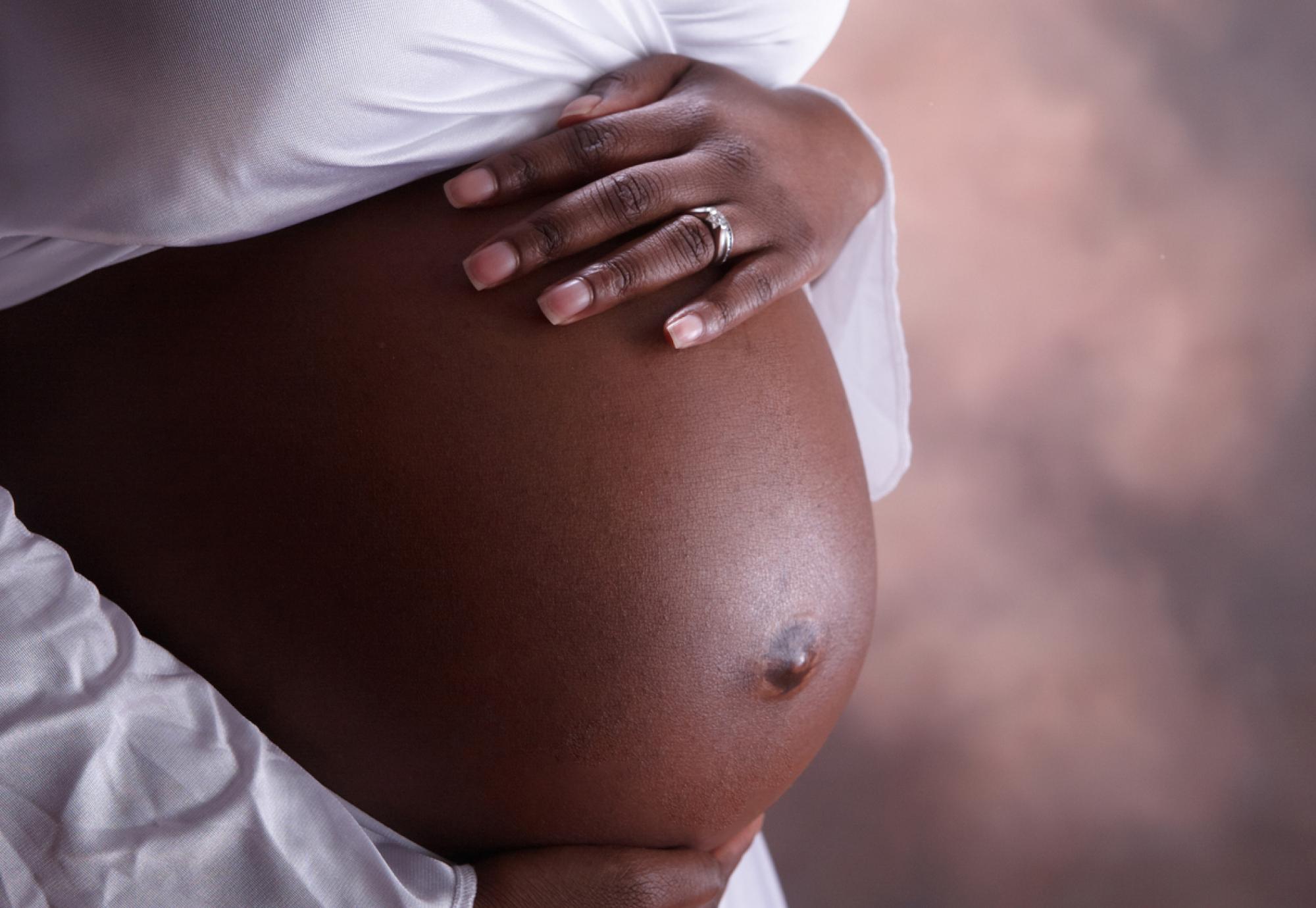New pregnancy screening technology could significantly reduce racial disparities in baby deaths new study finds.
Research carried out by Tommy’s National Centre for Maternity Improvement, the Royal College of Obstetricians and Gynaecologists and the Royal College of Midwives found that pregnancy risks are much higher for women from ethnic minority backgrounds.
Women from black and Asian backgrounds are two to three times more likely to have a still birth or perinatal death compared to their white counterparts.
The study, which consisted of 20,651 pregnany women, saw 8,080 have the NICE standard screening, whilst 12,571 women used the new algorithm screening.
The research project ran from July 2016 to December 2020 and found that 71 perent of the women experienced perinatal loss (babies died after 24 weeks of pregnancy or within a month of birth). And nearly half of these deaths were linked to placenta problems.
Gill Walton, Chief Executive of the Royal College of Midwives, said: “No woman should lose her baby just because of her race or ethnicity. I’m really proud that the Royal College of Midwives is part of this project and that it’s already making a tangible difference. It is another example of innovation being driven by midwives and obstetricians working in partnership to make maternity care safer and better. All of this great work and effort must continue to be supported with the right levels of funding and resources to enable it to be implemented effectively.
“Researchers found significant racial disparities in pregnancy outcomes when standard screening was used, with perinatal death rates 3 times higher among mothers from ethnic minority backgrounds (7.95 deaths per 1,000 births compared with 2.63 per 1,000 births among white mothers) – but when the new screening algorithm was used in conjunction with targeted care, mortality rates were equivalent between ethnic groups.”
The current antenatal risk assessment used in hospitals today has not changed since the 1970s, with the same check list remaining in place.
The new screening algorithm has been found to reduce baby deaths in women from ethnic minority backgrounds by 60 percent and has seen the perinatal mortality rate fall 73 percent.
Professor Basky Thilaganathan, clinical director of the Tommy’s National Centre for Maternity Improvement, said:
“It’s incredibly exciting to see that changing from the standard pregnancy risk factor checklists to our new approach can directly address and almost eliminate a large source of the healthcare inequality facing Black, Asian and minority ethnic pregnant women.
“We know that the causes behind health disparities are multifactorial and incredibly complex, and can include implicit racial bias, a lack of high-quality research and a large gender data gap. However, we should not lose sight of the possibility that solutions for tackling these inequalities may be simple and achievable.
“The current maternal risk-factor screening programme is limited and can contribute to ongoing racial inequalities – but our algorithm can account for these deficiencies, enabling us to truly personalise care rather than treating large groups in the same way, and ultimately improve pregnancy outcomes.
“We have already started piloting this new digital tool with pregnant women across three sites in the UK. Given this new evidence, we would urge the government to support and invest in this new system which will allow us to roll this out more widely across the UK.”



















